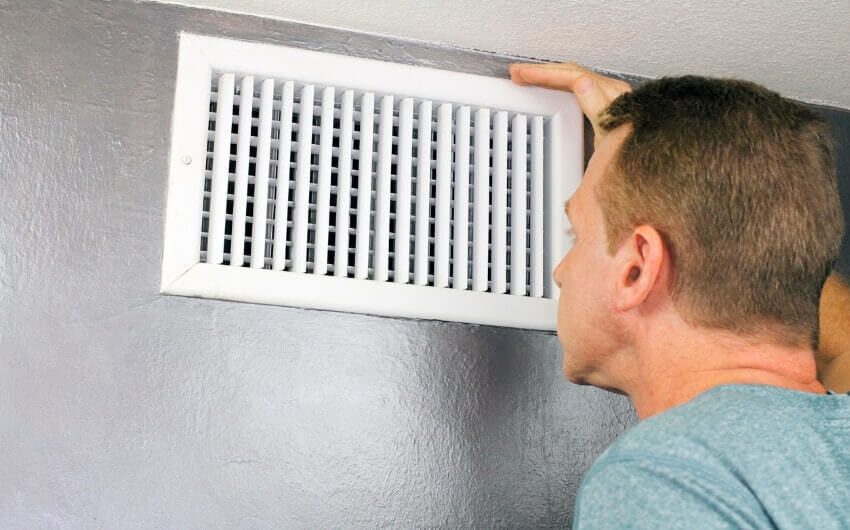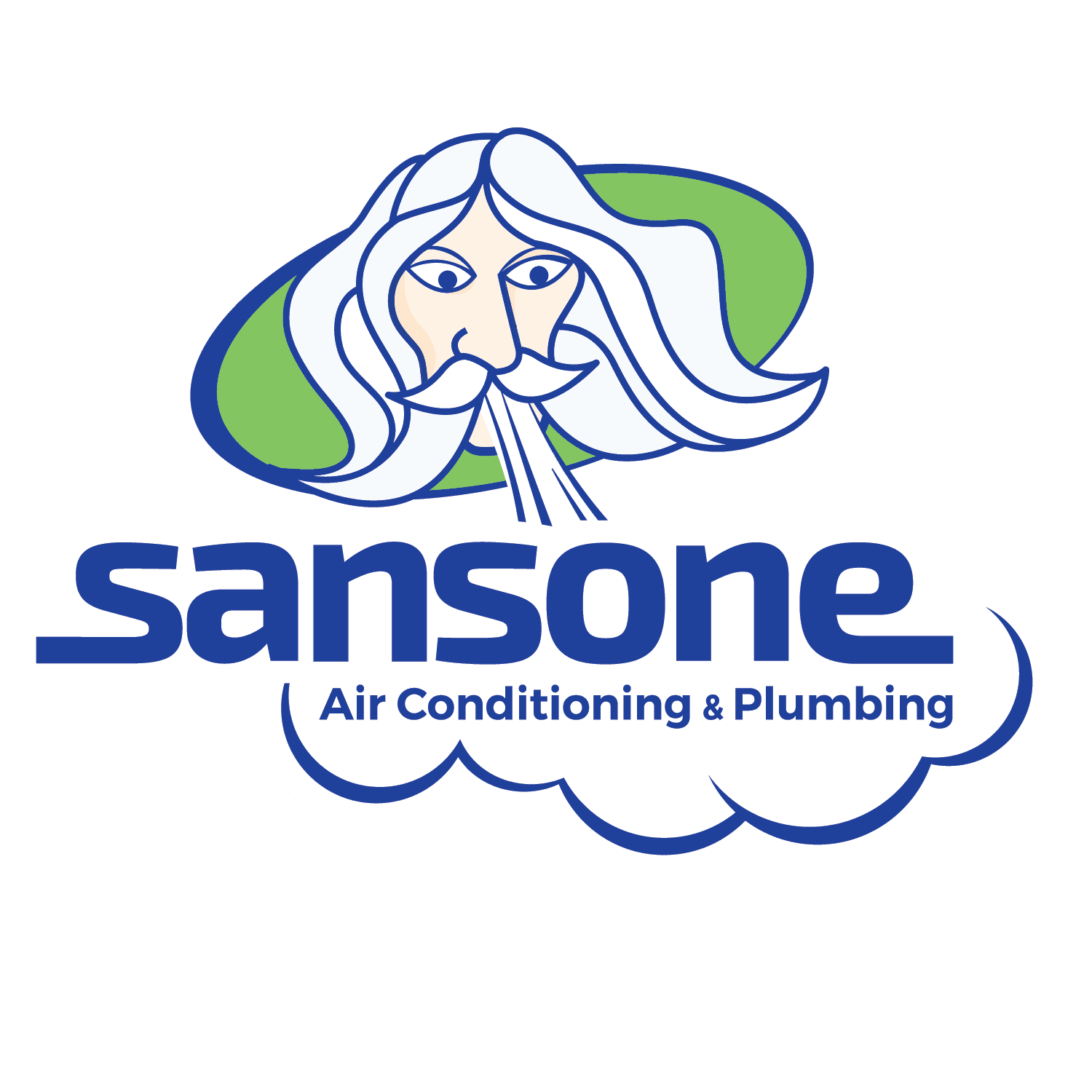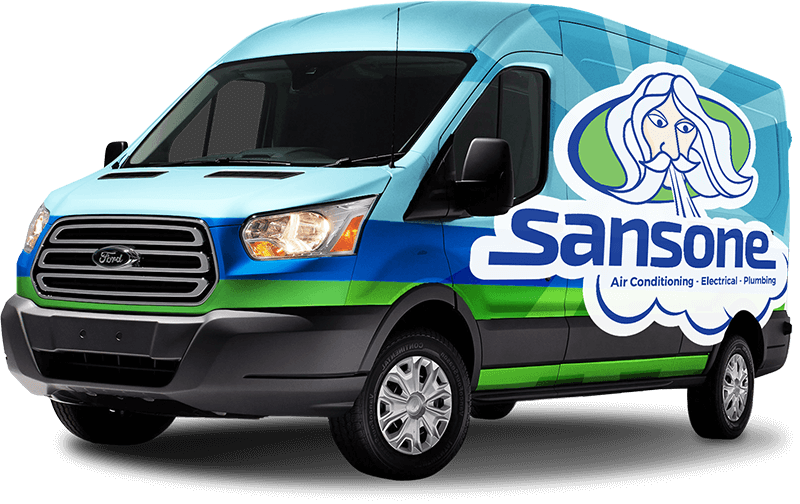
As a Florida resident, you’re well aware of the importance of having an air conditioner that works efficiently. You want it to cool your home, keep humidity out, and do so without costing you an arm and a leg. Fair enough. But what happens if you start noticing HVAC airflow issues? What’s causing them, and why is your utility bill increasing so much?
The 7 Most Common HVAC Airflow Problems
1. Blocked Air Vents
If you’ve recently purchased or rearranged furniture, appliances, or curtains, make sure that none of them are blocking air vents or accidentally closing them while moving them around. Also, check the return vents in every room in the house to check if anyone shut them because they felt cold. In addition to affecting airflow, blocked return vents cause your entire HVAC system to run inefficiently. This is because your AC doesn’t have a sensor that detects when a vent is closed, so it keeps sending out the same amount of air. Long-term, the additional force may also cause your air ducts to leak, increasing your energy costs.
2. Dirty Air Filters
When was the last time you changed your air filters? There are several factors that affect how often you should change them — how many people live in your home, if you have any pets, if there are any smokers or allergy sufferers in your household, or if you live in an urban area. The more of these boxes you tick, the more often you have to change them. If your air filters are washable, rinse them under a faucet, and let them air dry for at least 24 hours. Replacing it before it’s fully dry will lead to mold growth. Keep the AC off while the filter is out.
3. Frozen Coils
Air conditioners work by absorbing the air inside your home, removing the humidity, cooling it, and sending it back into your house through the return vents. When humidity is removed, the moisture drips from the coil into an AC part called the drip pan. If you don’t change your air filters often, the moisture on the coils freezes. The longer you wait, the thicker the layer of ice becomes, blocking airflow — making your air conditioner run inefficiently. In turn, your energy bill increases and you could be shortening the lifespan of the AC.
4. Dirty Coils
You’ll know the coils are dirty if, in addition to blocked HVAC airflow, your AC runs continuously, and your home feels warm inside. To clean them, shut off power to the system — at the thermostat and breaker panel — and spray compressed air across the coils. Another way to keep coils clean is to schedule AC maintenance. Generally speaking, if you change your air filters often, the coils will remain clean. So, here’s another incentive to place that errand on your regular to-do list.
Need AC Maintenance?
We Can Help.
Broward: (954) 800-2858
Palm Beach: (561) 701-8274
St. Lucie: (772) 879-5656
5. Clogged Condensate Line
Remember how we mentioned that water drips from the coils to a drip pan? Once the drip pan becomes full, the water is siphoned out of your home through a part called the condensate line. Since this is a small, enclosed, wet space, it’s a prime location for mold to grow. The more fungus or sludge buildup, the higher the likelihood of a clog. To keep this from happening, clean it monthly. To do this, shut off power to the AC — at the thermostat and breaker panel. Walk outside to locate the drain line. It’s a PVC pipe by the condenser unit. If you live in an apartment, it’s in the same closet as the water heater. Remove the cap, slowly pour one cup of distilled white vinegar, peroxide, or bleach, and let it sit for half an hour.
6. Refrigerant Leak
This one’s actually dangerous, since breathing in refrigerant is poisonous. Signs that this is what’s causing your HVAC problems also include an AC that’s not cooling your home, a hissing sound, and frost on the condenser unit. If it has been going on for a while, you may also feel irritation in your eyes, dizziness, headaches, a scratchy throat, or nausea. If this is the case, call an HVAC technician to address the problem immediately.
7. The Air Conditioner is Too Old
The average lifespan of an air conditioner is between 15 and 20 years. This timeframe could be affected by regular AC maintenance — or lack thereof. This includes changing the air filters regularly, clearing debris around the condenser unit, and cleaning the drain line. But even with the utmost care, at some point, it’ll be time for an upgrade. The best way to find out whether you can get a little more mileage out of your AC or if you have to replace it is by having an HVAC technician inspect it.
Call HVAC Professionals in Broward, Palm Beach, or St. Lucie
At Sansone Air Conditioning Electrical & Plumbing, we are always ready to help you. If you live in Broward, Palm Beach, or St. Lucie, we can inspect your AC unit and determine if it’s the best system for your home. We can also help you flush the condensate line regularly or conduct other routine maintenance.
Call us to hear about our specials or to schedule an appointment.
Broward: (954) 800-2858
Palm Beach: (561) 701-8274
St. Lucie: (772) 879-5656

